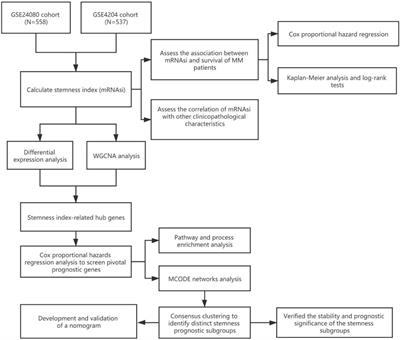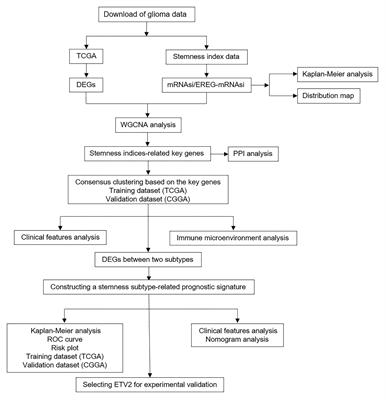EDITORIAL
Published on 25 Mar 2022
Editorial: Advancement in Cancer Stem Cell Biology and Precision Medicine
doi 10.3389/fcell.2022.890129
- 1,822 views
14k
Total downloads
50k
Total views and downloads
Select the journal/section where you want your idea to be submitted:
EDITORIAL
Published on 25 Mar 2022
REVIEW
Published on 16 Feb 2022

REVIEW
Published on 03 Jan 2022

ORIGINAL RESEARCH
Published on 29 Oct 2021

ORIGINAL RESEARCH
Published on 16 Aug 2021

REVIEW
Published on 22 Jul 2021

REVIEW
Published on 08 Jul 2021

ORIGINAL RESEARCH
Published on 11 Jun 2021

ORIGINAL RESEARCH
Published on 01 Mar 2021

REVIEW
Published on 22 Jan 2021


Frontiers in Genetics